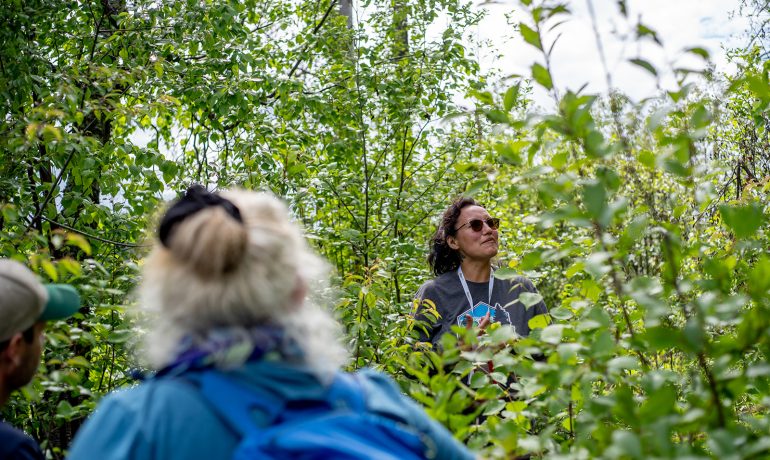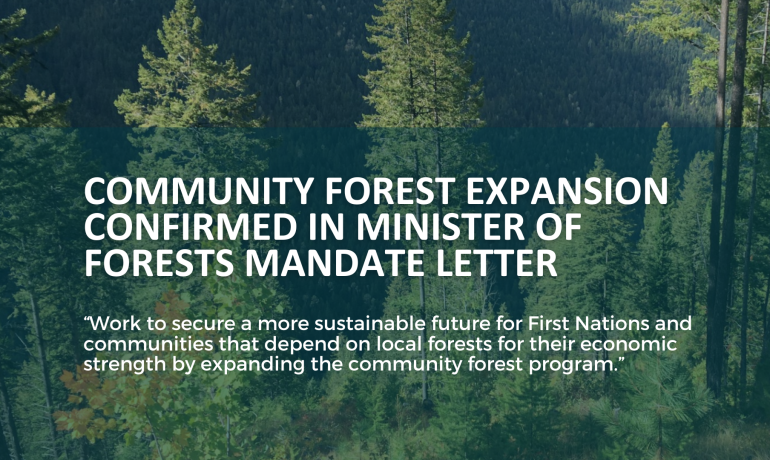By Bruce Blackwell, RPF, Principal, B.A. Blackwell and Associates
Tree Frog Editorial
August 3, 2021
Very early on during this current fire season, and following the Lytton wildfire, there have been numerous calls to increase the use of prescribed fire to mitigate the landscape fire risk that British Columbia currently faces. Both the Filmon (2004) and Abbott – Chapman (2019) reports highlighted the need for increases in the application of prescribed fire as a tool to address the legacy fuel build-up from long-term fire suppression. While I agree there is great need to increase the application of this ecologically appropriate and cost-effective tool, there has been little dialogue about solutions to the many barriers that currently limit its application.
Having been involved in prescribed fire and fire management my whole career (more than 33 years) I have come to understand that the complexity of this issue is linked to many challenges, and substantive change is required if there is to be inroads in addressing this problem. British Columbia is Canada’s most ecological diverse province with over 200 biogeoclimatic subzones/variants (regional climates), each with a range of different ecosystems. Prescribed fire is suitable in some of these ecosystems, and its application requires careful planning and implementation to ensure it is used appropriately and achieves sound ecological objectives – it’s not just about lighting a match. However, beyond ecological diversity some of the most pressing and challenging issues that pose significant barriers to prescribed fire application include the following;
Land Management Framework – our land management framework includes a wide range of static reserves, parks and protected areas, and wildlife habitat where prescribed disturbance is, or maybe, prohibited.
Policy and Legislation – there are numerous gaps in legislation and policy, even in definitions, application of terms within the suite of applicable acts, and regulations.
Tenure system – many areas of the province are part of the Timber Harvesting Land Base and are reserved for growing timber – where larger stand replacement fires cannot be prescribed.
Legal Liability – currently any nongovernmental organization that lights a fire carries the liability for an escape and the associated fire control costs which can be millions of dollars.
Human Health – protection of human health and the current smoke management guidelines limit the implementation of many burns and there are stiff penalties if the Operational Burning and Smoke Control Guidelines (OBSCR) are not followed and met.
Existing Hazard and Risk – many of the locations that are currently burning in the province have very high fuel loads and without some form of fuel removal, these would be too hazardous to burn. This increases the cost and the complexity of addressing the scale of the problem
Capacity – the number of individuals with the training and skills to execute sound ecologically appropriate prescribed burns is limited – it will take time, likely decades, to increase this capacity.
Before we can increase the landscape application of prescribed fire to a scale that is required to address the current fuel problems, we must work to reduce the barriers listed above. As a collective group of practitioners, we need to do a better job of finding solutions to the barriers that prohibit the broader application of prescribed fire.
_________________
Bruce Blackwell has more than 33 years experience as a Professional Forester and Biologist primarily focused in fire and forest ecology, silviculture, vegetation management, wildland/urban interface planning, forest policy and practice audits and reviews. Bruce is considered a subject matter expert in fire and fuels management and has managed numerous innovative projects related to fire risk identification and mitigation for both the public and private sector.
Related Post
As Published in Canadian Forest Industries Magazine, Pulp & Paper Magazine and Canadian Biomass Magazine
Jennifer Gunter’s Op Ed, “Community Forests: Rooted in Community,
Minister of Forests Mandated to Expand BC’s Community Forest Program
In the recently released mandate letter to the Minister



